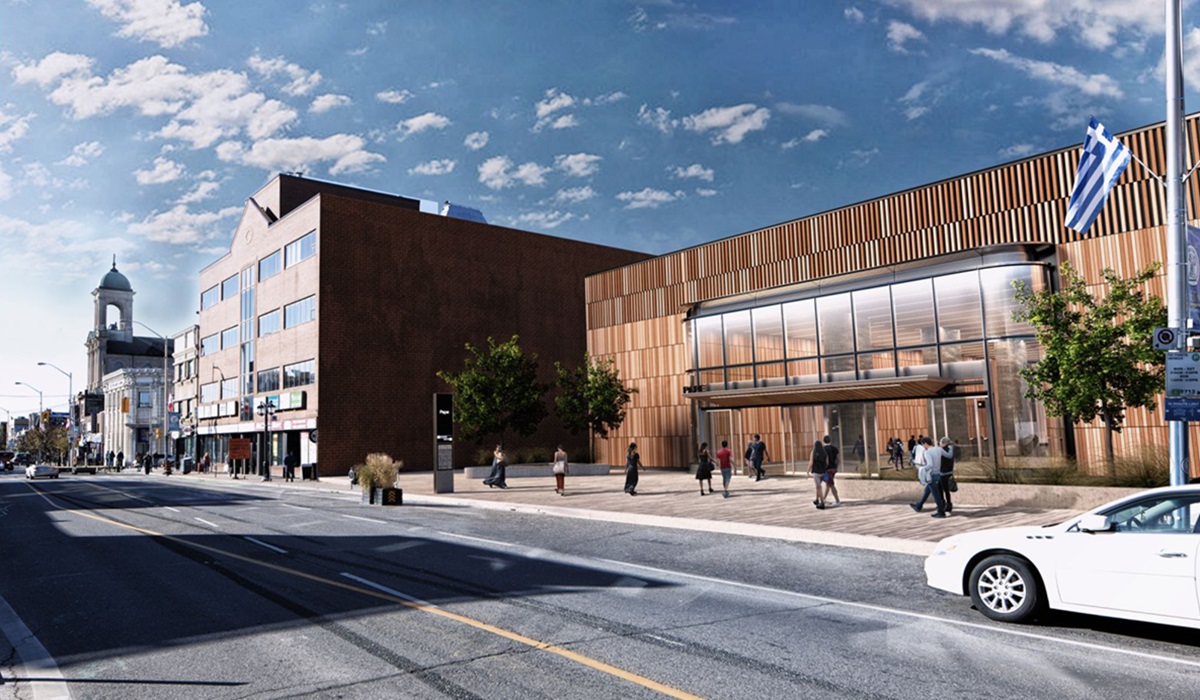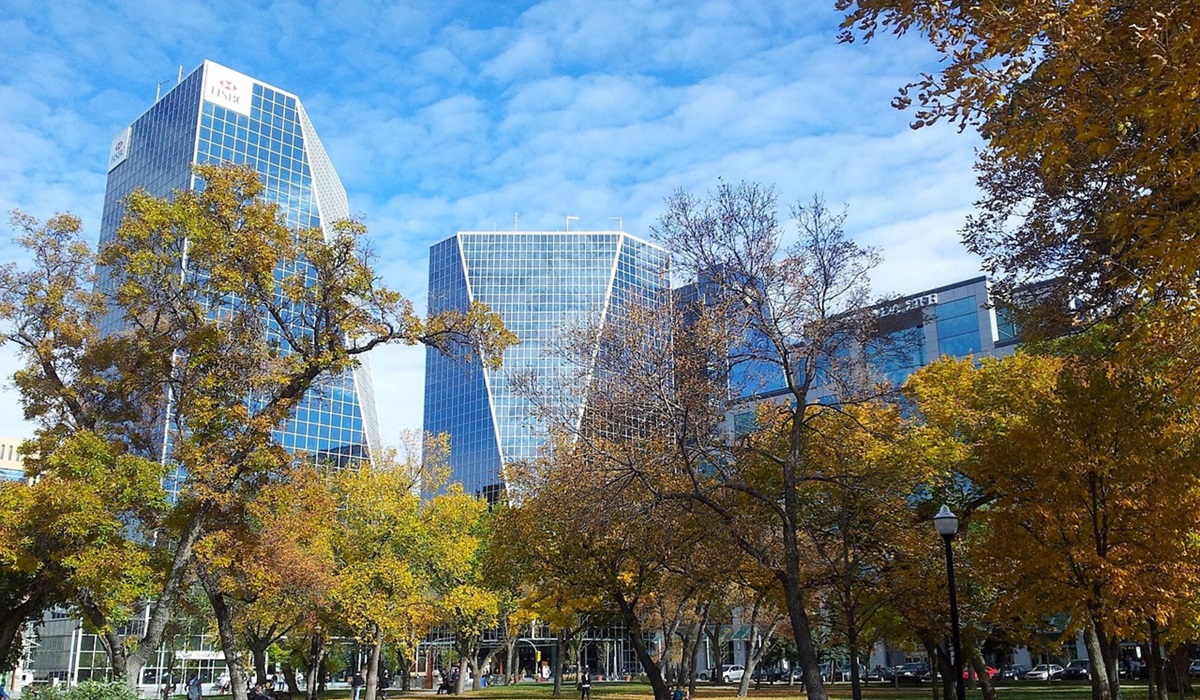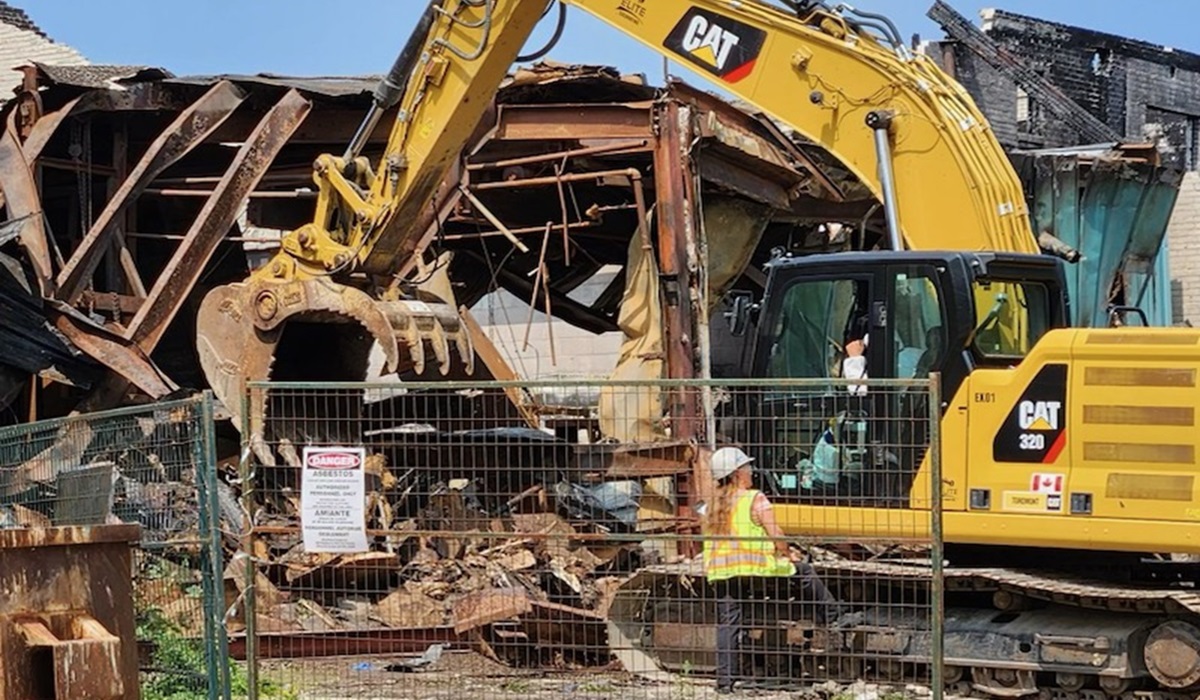The immigration challenges facing Canada amid the COVID-19
- TDS News
- Eastern Canada
- Western Canada
- July 25, 2020

Federal Ministers sets immigration road map for provincial counterparts
Immigration was a Canadian advantage before the COVID-19 pandemic, immigrants are helping Canadians through the pandemic right now and immigration will be critical to Canada’s economic recovery. The Canadian federal ministers and their provincial counterparts agreed to continue building a strong immigration system Canadians value and trust in last nights virtual conference.
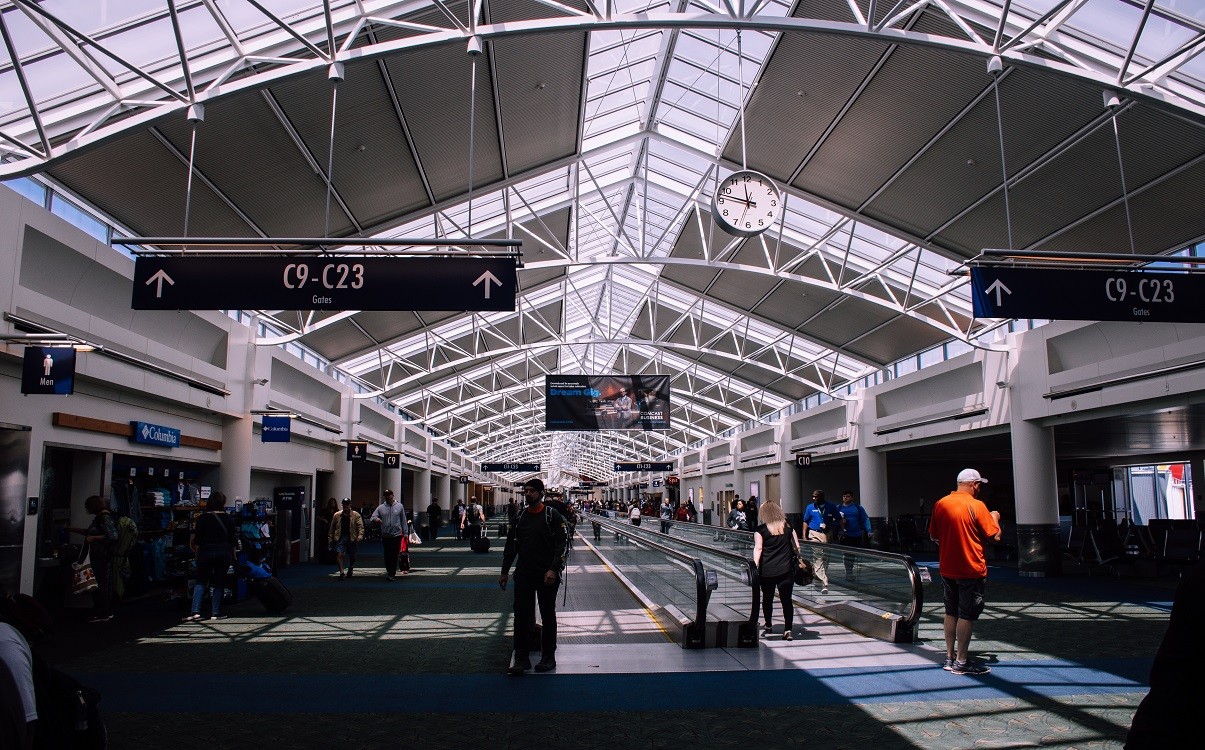
Ministers commended the “Team Canada” response to COVID-19, supporting a flexible immigration system focused on meeting critical labour market needs, specifically in the agriculture sector, and ensuring continued delivery of essential services for newcomers, while noting the challenges and steps that have been taken to ensure the health and well-being of temporary foreign workers.
Federal, provincial and territorial governments have collectively taken action to ensure the health and safety of temporary foreign workers and other vulnerable newcomers, and it will continue to be a top priority.
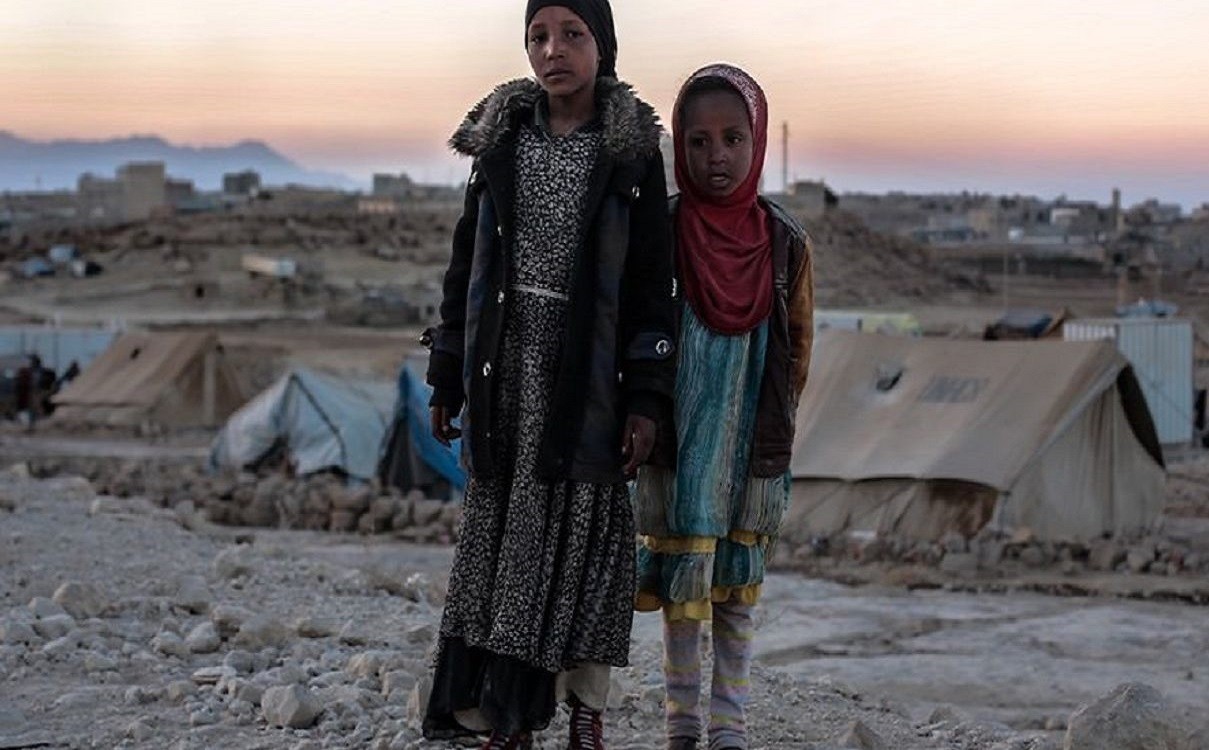
“Throughout Canada’s response to COVID-19, immigration has played a vital role. Not only is immigration helping to deliver food, fuel and health supplies, it is also going to be key to our long-term economic recovery. We advanced that goal at today’s federal-provincial-territorial meeting through our ongoing collaboration on a number of priorities, including how best to recruit skilled workers, attract international students and enhance regional immigration. Together, we will continue welcoming newcomers to ensure we build a nation that is diverse, prosperous and strong.” – The Honourable Marco E. L. Mendicino, P.C., M.P., Minister of Immigration, Refugees and Citizenship
Immigration drives economic and demographic growth, which are vital to Canada’s economic recovery and long-term success. While Canada’s ability to receive and successfully integrate newcomers is affected in the short term, long-term drivers for responsible increases to immigration levels remain.
Recognizing that immigration is a shared jurisdiction, ministers referenced the development of a new Municipal Nominee Program, and agreed that continued collaboration is needed to enable a coordinated immigration response to community and labour market needs while supporting the ongoing success of Provincial Nominee Programs.
The Quebec minister responsible for immigration holds observer status at the Federal-Provincial-Territorial Ministers’ Table. Under the Canada-Québec Accord, Quebec assumes sole responsibility for establishing immigration levels, and for the selection, francization and integration of immigrants. In areas under its responsibility, Quebec develops its policies and programs, and legislates, regulates and sets its own standards.

Its being said that Quebec has to much autonomy in many factions containing to the Federal Government. They are seen by the west as Quebec against all of Canada. Quebec ministers at the federal and provincial levels often refer to Quebecois as us and the rest of Canada.

